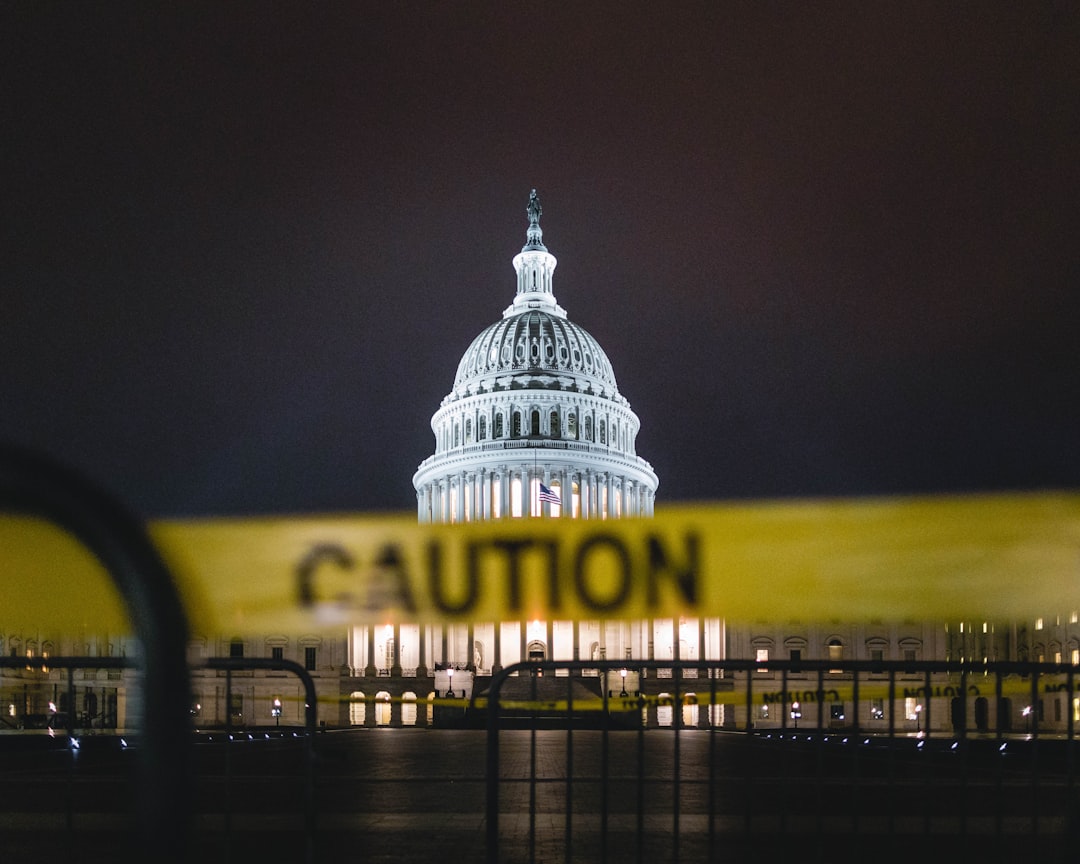A Ticking Clock for SNAP Benefits (Image Credits: Unsplash)
Under the dim glow of uncertainty hanging over federal offices, families across the country are starting to feel the squeeze as routine government services grind to a halt.
A Ticking Clock for SNAP Benefits
Imagine waking up to find your grocery budget slashed overnight – that’s the stark reality looming for over 41 million people relying on SNAP, the nation’s food stamp program. The U.S. Department of Agriculture has warned that without funding, no benefits will hit accounts come November 1. This isn’t just a delay; it’s a full stop that could leave pantries bare in weeks.
States like New Mexico, where one in five residents depend on these funds, are sounding the alarm loudest. Food banks are already bracing for a surge in demand, but they can’t fill the gap left by federal dollars. Experts say this could ripple through communities, forcing tough choices between meals and other essentials.
Social Security’s Silent Disruptions
Picture retirees staring at unprocessed claims while bills pile up – the government shutdown is hitting Social Security hard, delaying new applications and verifications. While existing checks keep coming for now, the backlog is growing fast, with non-essential services like earnings corrections on ice.
Medicare folks aren’t immune either. Replacement cards? Forget it during the lapse. Telehealth expansions that helped during the pandemic just expired on September 30, adding insult to injury for those needing remote care. Wait times on hotlines are exploding, turning simple inquiries into all-day ordeals.
Federal Workers Caught in the Crossfire
Nearly 750,000 civilian federal employees are furloughed, staring down missed paychecks that won’t arrive until the lights come back on in Washington. These aren’t just desk jobs; think air traffic controllers and park rangers keeping things running on fumes, all without immediate compensation.
Even the “essential” crew, who show up to protect public safety, waits for retroactive pay. Families of military members face similar uncertainty, with some support programs paused. It’s a reminder that shutdowns don’t just close doors – they strain household budgets nationwide.
Travel and Daily Life Grind to a Halt
Airport lines are lengthening as understaffed TSA agents and furloughed inspectors cause delays that ripple through holiday plans. National parks, once bustling escapes, now post closure signs, barring access to America’s great outdoors.
Student loans? Processing new applications is off the table, leaving borrowers in limbo. And don’t get started on passport renewals – those waits could stretch into months, derailing international trips or job opportunities abroad.
The Broader Economic Ripples
Every day the shutdown drags on, the economy feels it, with estimates pointing to billions in lost output. Small businesses near federal sites lose customers, while contractors scramble to cover unpaid bills. It’s not hyperbole; past shutdowns have shaved points off GDP growth.
Yet the human cost cuts deeper. Nutrition programs for kids and seniors teeter on the edge, potentially undoing years of progress in food security. As one analyst put it, this isn’t politics – it’s people going without.
Potential Sparks of Unrest
With benefits drying up, some experts worry about spikes in petty crime as desperation sets in – think shoplifting surges in areas hit hardest by SNAP cuts. Posts on social media already buzz with fears of unrest around food distribution points, where security is stretched thin.
History shows shutdowns correlate with minor upticks in theft and fraud reports, especially in urban centers. Law enforcement agencies, many under federal oversight, face their own staffing shortages, making it tougher to keep the peace.
- SNAP halt affects 41 million, starting November 1 – no emergency reserves tapped.
- Social Security delays hit verifications and new claims; Medicare cards unavailable.
- 750,000 federal workers furloughed, risking economic drag on local communities.
As the shutdown stretches into its fourth week, the real losers are everyday Americans whose safety nets are fraying fast – it’s time for leaders to prioritize people over politics. What steps can you take if your benefits are at risk? Share your thoughts in the comments below.






